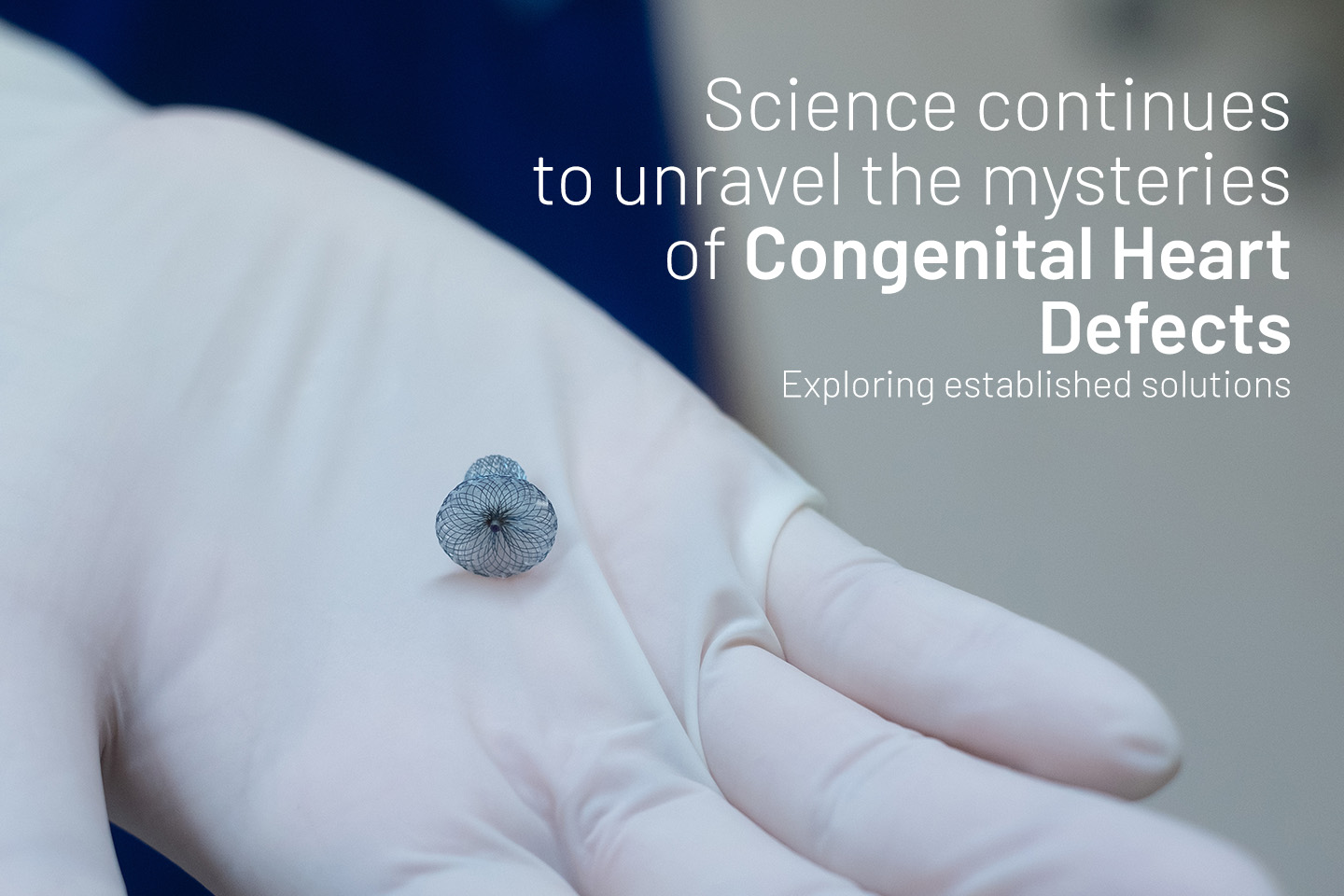Medical Devices
Thoughts on Indian Healthcare Sector Mergers & Acquisitions

“Believing in importance of developing sustainable health care systems in health care organizations with a prime focus on quality patient care services and clinical outcomes. As good clinical and management team with strong and dynamic leadership can achieve the best patient outcomes and quality care in a hospital.”
Above is the belief of Dr. Tarang Gianchandani - CEO- HN Reliance Hospital, an Orthopedic Surgeon and MBA by qualification, , and a Healthcare administrator by passion, has more than 20 years of experience, both national & international, in acute & long term care operations as well as multi-site management in the Private and Public sector. Dr Tarang has handled many strategic assignments while working with the Ministry of Health, Changi General Hospital & Alexandra Hospital during her 14 years of tenure at Singapore. A few of them being Award for Women CEO for the year 2016, Best Business Leader Award for CEO, Health Excellence Award in 2015 & 2016, Rashtriya Vibhushan Award in 2016 & many more.
Merger and acquisition (M&A) is the path businesses take to achieve exponential and not just linear growth and therefore continues to generate interest. The Indian M&A landscape are no different. M&A’s have become an integral part of the Indian economy. Based on macroeconomic indicators, India is on a growth trajectory; with the M&A trend likely to continue. This is especially so since even the government’s efforts to improve ease of doing business in India, the gestation period for Greenfield projects continues to be long, often rife with compliance with multiple regulations.
INDIAN HEALTHCARE SCENARIO
The Indian healthcare sector is expected to expand at an exponential pace and is widely anticipated to clock massive revenues. Pro-industry government policies, robust market fundamentals, boost to healthcare R&D initiatives and rising awareness for new-age healthcare products and services have emerged as key triggers anticipated to drive the growth contours of the Indian healthcare sector on a higher level. Apart from drug makers, augmented activity has also been witnessed from health insurance players and healthcare service providers. Companies and investors are also changing their asset evaluation methods when it comes to valuing healthcare-heavy assets like hospitals. Healthcare players are also aware of the need to trim costs to sustain profitability in the face of new competition. Healthcare investors are also undertaking a long term analysis into the investment potential of bio pharma and medical companies that are broadening their portfolio and are engaged in developing personalized treatments to face emerging market competition.
RECENT INDIAN M&A’S
Despite the stress on performance due to regulatory restrictions, the total value of M&A transactions in the hospital sector in FY19 recorded an increase of 155 percent amounting to ₹7,615 crore, the highest value in the sector in over five year, as against transactions worth ₹2,991 crore done in FY18, according to rating agency ICRA.
After witnessing years of healthy growth in revenues and profits till FY17, the sector, however, recorded diminishing returns in FY18 and FY19 due to pressure on margins, after a slew of regulatory actions, including caps on prices of oncology drugs, cardiac stents and knee implants and the advent of the GST, leading to higher indirect tax burden and restrictions placed by the governments of the National Capital
The track record of M&A’s in the past has been quite variable, while we have success stories, there also are not so happy endings therefore whether these trends will result in higher quality care and/or lower costs to the patient, provider, or healthcare system is still up for debate.





